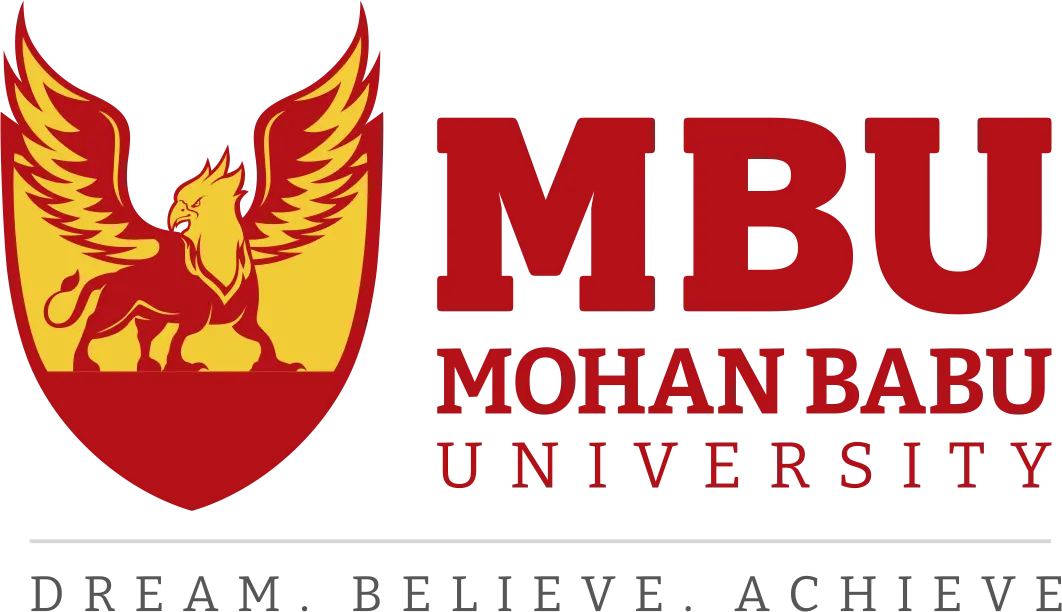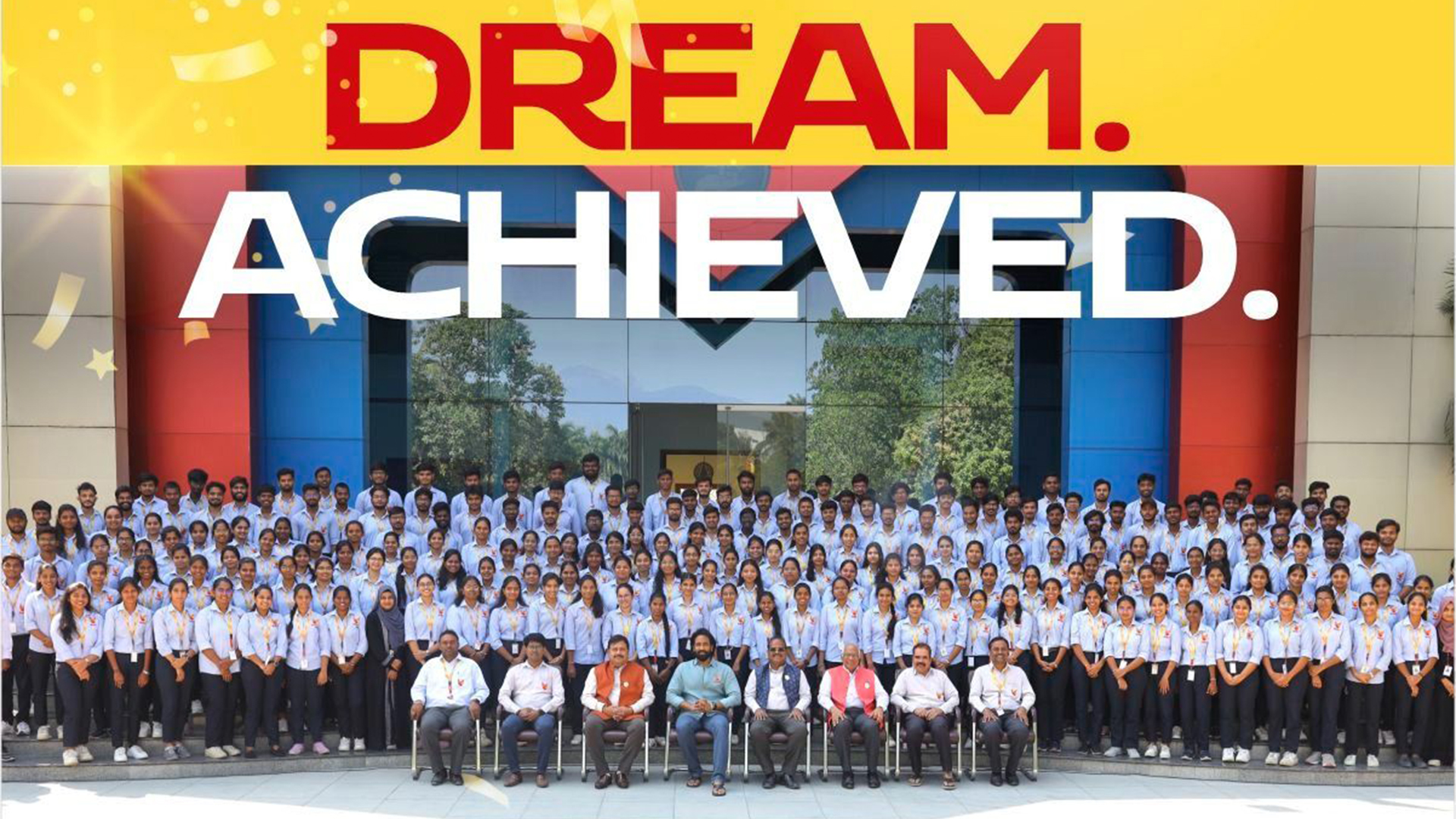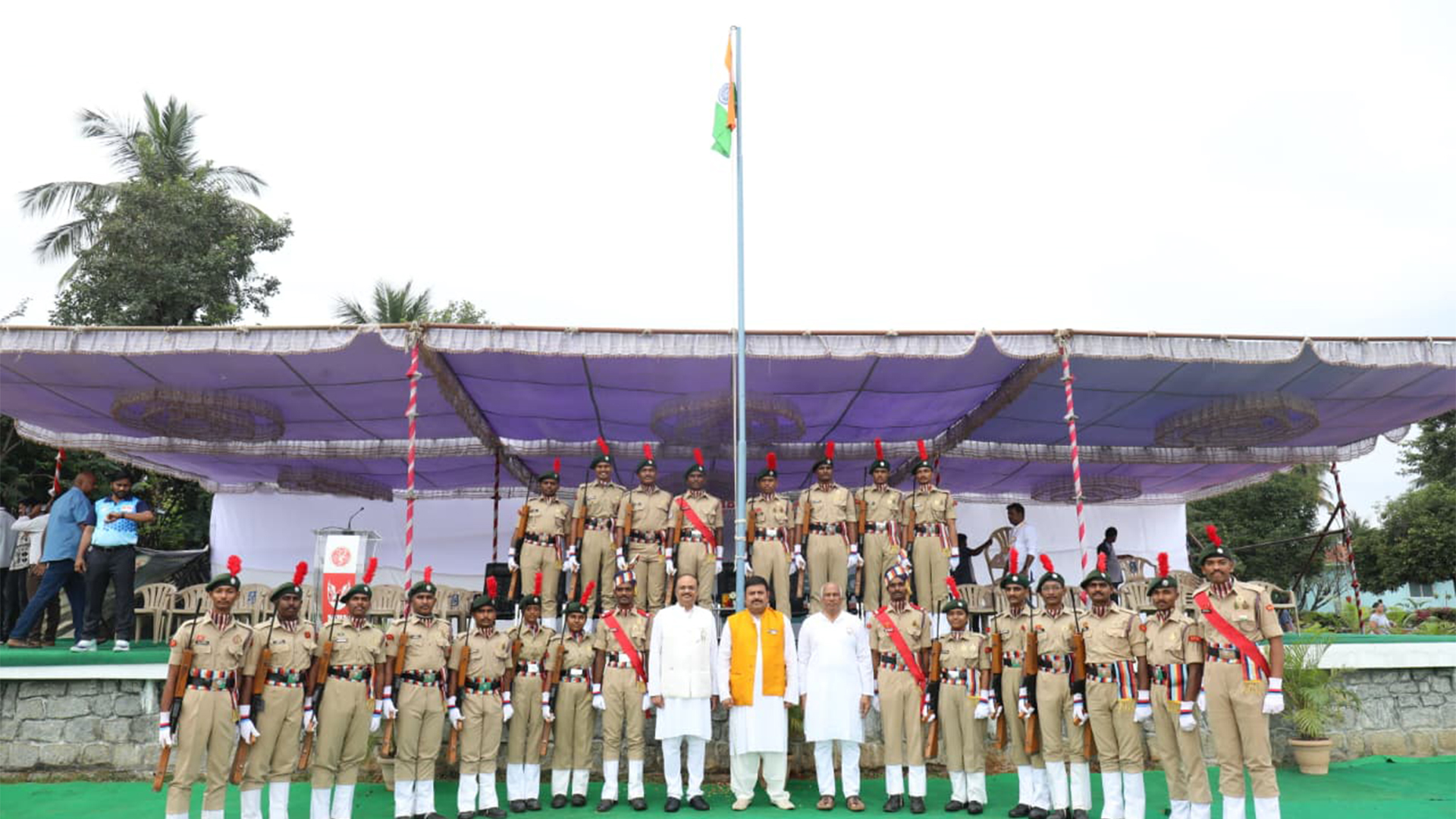Introduction
The field of Electrical and Electronics Engineering (EEE) is rapidly evolving in today’s tech-driven world. From renewable energy integration and smart power grids to electric mobility and IoT applications, EEE forms the backbone of futuristic innovation. Students pursuing B.Tech Electrical and Electronics Engineering are now preparing not only for traditional roles in power systems and industry but also for cutting-edge careers in sustainable energy, electric vehicles, and advanced electronics. At Mohan Babu University (MBU), EEE education is redefined with a forward-thinking approach that blends deep theoretical understanding with hands-on research and industry-driven skills. The department’s focus on emerging technologies, state-of-the-art infrastructure, and strong academic leadership makes it one of the most sought-after destinations for aspiring electrical engineers.About EEE at MBU
The Department of Electrical and Electronics Engineering (EEE) at Mohan Babu University has a legacy of nurturing skilled engineers with a perfect blend of academic excellence and practical expertise. Recognized for its quality standards, the program is NBA-accredited until June 30, 2026, ensuring its curriculum and pedagogy meet rigorous national benchmarks. MBU’s EEE program offers specialization in critical areas shaping the industry today, such as:- High Voltage Engineering & Power Systems – for reliable and efficient modern grids.
- Automotive Electronics and Electric Vehicles – gearing students for the growing EV industry.
- Renewable & Smart Energy Systems – preparing engineers to lead in sustainability.
Emerging Technologies in Focus
One of the key differentiators of B.Tech Electrical and Electronics Engineering at MBU is its strong focus on emerging technologies that address global challenges like energy transition, mobility, and digitization.High Voltage Engineering & Power Systems
Modern grids require engineers skilled in high voltage specialization to ensure stable and secure energy transmission. At MBU, students explore real-world applications such as smart grid design, grid integration of renewables, and robust transmission mechanisms. Specialized labs allow them to test electrical insulation, study fault behavior, and work on advanced simulation models.Automotive Electronics & Electric Vehicles
With the rapid shift towards electric mobility, Automotive Electronics at MBU equips students with technical skills in EV technologies, battery management systems, embedded electronics, and power conversion systems. The curriculum integrates both design and testing, ensuring graduates contribute meaningfully to India’s automotive and e-mobility sectors.Renewable and Smart Energy Research
Sustainability is at the core of MBU’s EEE program. The Applied Renewable Energy Research Lab supports cutting-edge research in:- Solar power generation using PV modules and grid-tied inverter systems.
- Wind and biomass energy studies.
- Energy efficiency improvements with modern power analyzers.
- Policy-driven research on renewable adoption and smart usage.
Simulation, IoT, Power Electronics & Testing
The future of EEE is not only in wires and machines but also in digitalization and IoT integration. At MBU, labs are well-equipped with simulation tools (like MATLAB/Simulink, PSCAD, and Power World) and embedded electronic platforms for IoT applications. Students gain practical exposure in:- IoT-based smart power systems.
- Advanced power electronic converters.
- Electrical machines testing and diagnostics.
- Simulation of real-world grid performance and load flow analysis.
Infrastructure & Research Facilities
MBU’s EEE department stands out for its state-of-the-art infrastructure that transforms classroom learning into real-world applications. Key facilities include:- Electrical Machines Lab – practical training in operating and testing electrical machines.
- Power Electronics Lab – hands-on experiments on converters, drives, and control systems.
- High Voltage Lab – research in breakdown mechanisms, insulation studies, and safety compliance.
- Simulation & IoT Lab – integrating software tools with IoT platforms for next-gen applications.
- Project Lab – encouraging student innovators to prototype and implement ideas.
- Renewable Energy Research Lab – central to MBU’s sustainability focus, advancing innovation in solar, wind, and hybrid systems.
Career & Industry Relevance
The industry is witnessing unprecedented demand for engineers skilled in renewable energy systems, high voltage networks, automotive electronics, and IoT integration. By embedding these into its curriculum and research offerings, MBU ensures its EEE graduates are ready for:- Power sector roles (transmission, distribution, and smart grids).
- Renewable & sustainable energy industries.
- Electric vehicle design and development.
- IoT and embedded system applications in energy and automation.
- Research and higher education in cutting-edge areas of EEE.
Conclusion
In a world rapidly moving towards green energy, digital grids, and smart mobility, the B.Tech Electrical and Electronics Engineering program at Mohan Babu University provides an advanced academic ecosystem for ambitious engineers. With its strong infrastructure, emphasis on emerging technologies in EEE, and industry-relevant pedagogy, MBU ensures students are future-ready. If you are passionate about renewable energy engineering, high voltage specialization, or automotive electronics, MBU is the destination to shape your career. Explore the EEE program at Mohan Babu University and take the first step toward a rewarding engineering future.FAQ'S
MBU offers specialization in High Voltage Engineering & Power Systems, Automotive Electronics (Electric Vehicles), and Renewable & Smart Energy Systems.
The department houses advanced labs, including Electrical Machines, Power Electronics, High Voltage, IoT, Simulation, Project, and a Renewable Energy Research Lab with facilities like solar PV modules and power quality analyzers.
The lab focuses on solar, wind, and biomass research, providing students with hands-on testing, data collection, and innovation opportunities in energy efficiency and smart grid technology.
Because of its NBA accreditation, strong faculty, advanced research infrastructure, and future-oriented curriculum, making MBU one of the best places to pursue EEE with specialization in renewable energy, automotive electronics, and high voltage systems.







